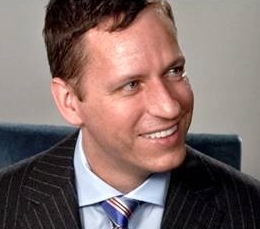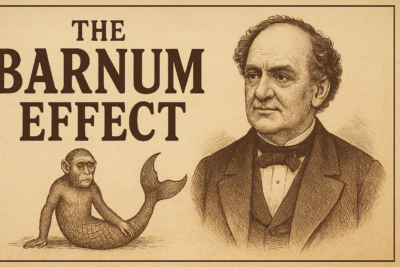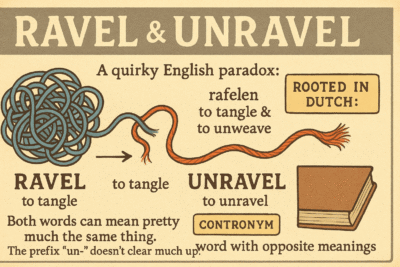
Peter Thiel is a prominent figure in the tech industry and beyond, known for his entrepreneurial ventures, contrarian views, and significant influence on Silicon Valley.
Thiel is a complex and multifaceted figure with a long and storied history.
Early life and education
*Born in Germany in 1967, Thiel immigrated to the United States with his family as a child.
* Demonstrated intellectual precocity, excelling in chess and academics.
* Graduated from Stanford University with degrees in philosophy and law.
Entrepreneurial ventures
* PayPal (1998-2002): Co-founded PayPal, an online payment system that revolutionized e-commerce.
* Palantir Technologies (2003-present): Founded Palantir, a data analytics company that provides software and services to government and commercial clients.
* Facebook (2004): Made the first outside investment in Facebook, which yielded a substantial return.
Venture capital and investments
* Founded Founders Fund, a venture capital firm that has invested in numerous successful startups, including SpaceX, LinkedIn, and Airbnb.
* Known for his contrarian investment style, often backing companies that challenge conventional wisdom.
Political and social views
* A vocal libertarian and supporter of conservative causes.
* Backed Donald Trump’s presidential campaign in 2016.
* Founded the Thiel Fellowship, which provides funding to young entrepreneurs who choose to drop out of college.
* Has expressed interest in extending human lifespan and has invested in companies pursuing this goal.
But also controversial
* His support for Trump and his funding of the lawsuit against Gawker Media have drawn criticism.
* Some of his investments have been linked to companies accused of human rights abuses.
And an interesting side of his story
* Chess prodigy: Thiel was a nationally ranked chess player as a teenager, reflecting his strategic thinking and analytical skills.
* Early PayPal days: The early days of PayPal were marked by intense competition and even physical confrontations with rivals.
* Facebook investment: Thiel’s early investment in Facebook, made when the company was still in its infancy, proved to be one of the most successful venture capital investments of all time.
* Contrarianism: Thiel is known for his contrarian views and his willingness to challenge conventional wisdom, which has shaped his investment strategy and political stances.
* Seasteading: Thiel has expressed interest in creating floating cities, known as “seasteads,” beyond the jurisdiction of any government.
An expert comment
This is what The Briefing wrote about Thiel in its newsletter:
A decade ago, Peter Thiel wrote somewhat famously that “competition is for losers.” He was interested in backing startups that looked like Google, whose products were so good “that no other firm can offer a close substitute.” A caveat he offered was that he wasn’t interested in backing monopoly businesses that look like “government favorites.”
Thiel’s mission statement might need updating.
Ten years later, a lot of the big money in startups backed by Thiel’s Founders Fund is wrapped up not in sticky consumer startups like social networks but in a trickier sort of business that sells technology, services and weapons to the U.S. government.
Palantir, SpaceX, Anduril, Scale AI, OpenAI and more have all been backed by Thiel’s firm—and next month they plan to announce a “consortium that will jointly bid for U.S. government work in an effort to disrupt the country’s oligopoly of ‘prime’ contractors,” like Raytheon and Northrop Grumman, the Financial Times reported Sunday.
The effort shouldn’t be surprising. Success in government contracting—for as long as it has existed—has centered not just on product quality, but on government influence through lobbying, regulatory capture and politics. Silicon Valley has gotten its first taste of what success in government contracting can look like, thanks to soaring valuations for SpaceX and Palantir in particular.
So far, the collaboration between Silicon Valley’s government contractors seems light on specifics. But there are several possibilities as to why the companies are getting together, investors and executives in the industry told me.
For instance, a single government contractor is rarely in charge of an entire big defense contract; instead, the work gets subcontracted to other firms. Putting tech companies together for bids could yield more contracts than any one firm could get on its own. A coalition could also put up a bigger fight against government agencies it thinks are writing unfair contract requests.
The other purpose could be to combine lobbying efforts. More startups benefit from advocacy for Defense Department programs focused on emerging technologies, like the new administration approving a program for using autonomous drones. Plus, the traditional defense industry lobbying group—National Defense Industrial Association—has never really attracted tech firms as members.
The effort comes as more and more voices with Silicon Valley sympathies get top government jobs. The latest appointments include Scale AI executive Michael Kratsios as director of the White House Office of Science and Technology Policy, as well as two general partners at Andreessen Horowitz, another prolific backer of defense tech startups. A16z alum Sriram Krishnan was named as OSTP’s senior policy adviser for artificial intelligence, while Scott Kupor will serve as director of the Office of Personnel Management. And of course, there’s also the well-covered influence of Elon Musk, CEO of SpaceX.
Of course, joining startups together and putting the tech industry’s friends in positions of power will have to yield actual results, like curbing government spending and improving war-fighting capabilities. Otherwise, it will end up looking like the kind of old-guard regulatory capture tactics Silicon Valley says it hates.






